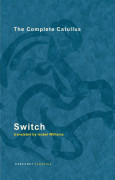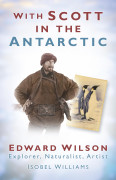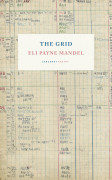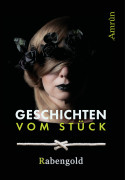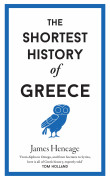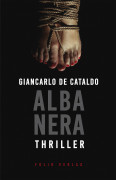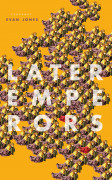Isobel Williams: Catullus: Shibari Carmina

| Produkttyp: | eBook-Download |
|---|---|
| Verlag: | Carcanet Poetry |
| Erschienen: | |
| Sprache: | Englisch |
| Seiten: | 112 (Druckfassung) |
| Format: | EPUB
Info▼
|
| Download: | 2,7 MB |
Dieses Produkt ist in Ihrem Land leider nicht zum Download verfügbar.
Laut Ihrer IP-Adresse sind Sie von Vereinigte Staaten aus online, wo uns lizenzrechtliche Gründe den Verkauf dieses Produkts leider nicht erlauben.
A Telegraph Best New Poetry Books for Christmas 2021
Carcanet publishes several Catulluses: C.H. Sisson's, Len Krisak's, Simon Smith's. But Isobel Williams's Catullus: Shibari Carmina is different in kind from the earlier versions. 'Translating Catullus has been, for me, like cage fighting with two opponents,' the translator writes: 'not just A Top Poet, but the schoolgirl I was, trained to show the examiner that she knew what each word meant.' The struggle is intensified by the presence of a third element, something that made Catullus come alive, his 'tormented intelligence and romantic versatility'.
'It eventually happened at a fetish venue in South London, The Flying Dutchman - an echo of Catullus's doomed obsessive love? Someone at life class, knowing I like a drawing challenge, had told me about a Japanese rope bondage (shibari) club called Bound. I asked the management if I could draw there; on arrival I was treated like the Queen Mother. Best of all, the schoolgirl was too young to be let in.' The dynamics of shibari released Catullus from conventional constraints and delivered him to new rigours: 'I found context, metaphor and idiom for Catullus - whom one could glibly define as a bisexual switch from the late Roman Republic when such concepts were meaningless: a stern moralist who splits into an anxious bitchy dominant with the boys, a howling sub with his nemesis, the older glamorous married woman he calls Lesbia (here called Clodia, which might have been her real name).' The poet uses the terminology and forms of social media, a very contemporary idiom which is at once subjected to severe scholarship and tight syntactical discipline. All the crucial language knots are firmed up, the sense of the Latin emerges with Catullus's own laughter restored, along with the other registers of love and loss. Isobel Williams's drawings add immediacy to her versions which 'are not (for the most part) literal translations, but take an elliptical orbit around the Latin, brushing against it or defying its gravitational pull.'
